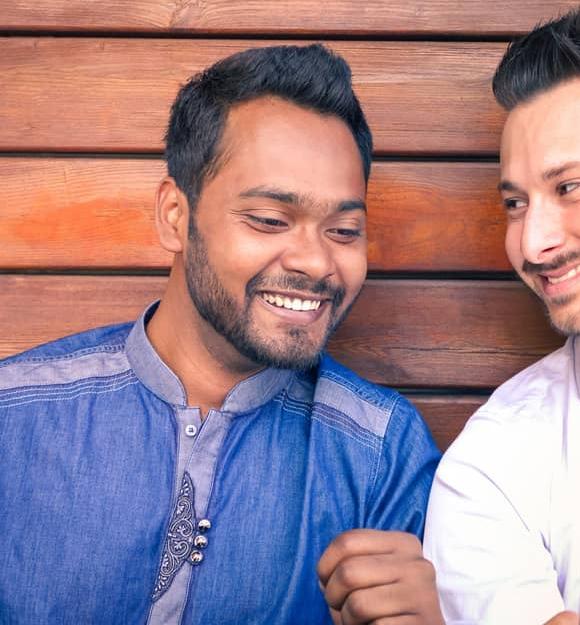
Choosing to talk to your healthcare team about recreational drugs is the first step towards ensuring it does not affect your HIV. They can help you to limit the chances of your HIV medicines interacting with recreational drugs. Here you will find what you need to know about recreational drugs and HIV including helpful tips to ensure you maintain a strong immune system.
HIV AND USING RECREATIONAL DRUGS
If you choose to take recreational drugs, it’s important to be upfront with your healthcare team to make sure you are aware of the impact the drugs can have on your health and how they might interact with your HIV medication.
If your HIV medication requires the use of a chemical in it called a ‘booster’ you should speak to your healthcare team about your recreational drug use because:
- Boosters increase the effectiveness of your HIV medication but they can also interact with other medicines, such as recreational drugs
- They can boost recreational drugs (such as ketamine, crystal meth and MDMA) to a dangerous extent
As new recreational drugs become available, it is difficult to predict the potential interactions – that’s why it’s important to be upfront with your healthcare team about your drug use.
HOW TO STAY SAFE
Always use your own clean equipment if you are injecting drugs; do not share a needle, spoon or equipment with others as this can be dangerous for you and the people you are sharing with:
- There is a risk of passing on HIV to others
- There is a risk that you can be infected with a different strain of HIV or another infection such as hepatitis B or C
TALK TO YOUR HEALTHCARE TEAM
You might feel uncomfortable talking to your healthcare team about the recreational drugs you’re using, but they are very used to having these conversations.
It is safer to tell them so they can identify any impact on your treatment and overall health and wellbeing. Ultimately the best way to lower your risk is to cut down on the amount of recreational drugs you’re using, and eventually stop altogether. Talk to your healthcare team about what you can do if you do decide to stop.

